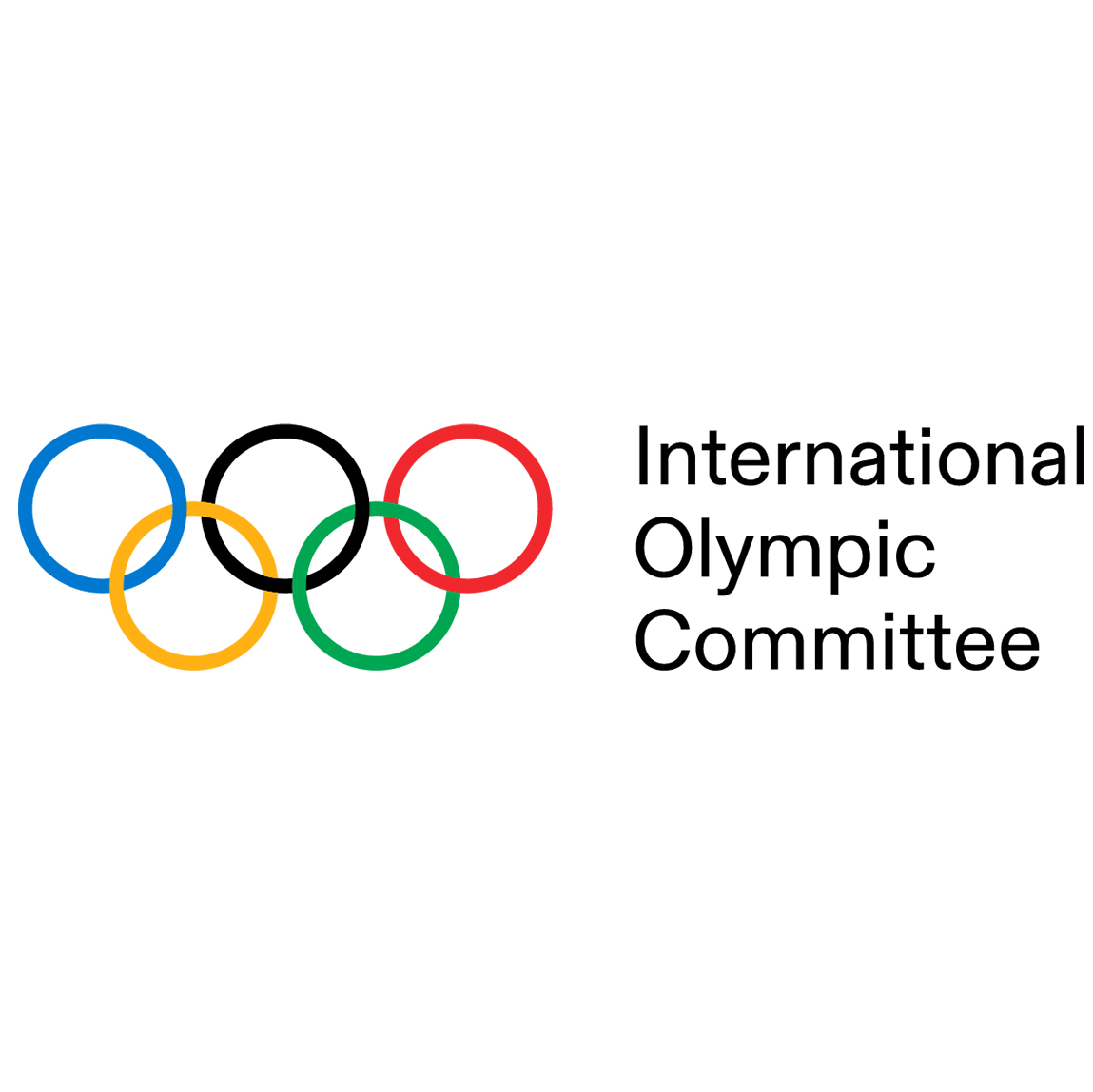
NOC Greece hosts Conference on the 20-Year Legacy of the Athens 2004
In commemoration of the 20th anniversary of the Athens 2004 Olympic Games, the Hellenic Olympic Committee (HOC) hosted a conference titled “20 Years Later – The Imprint of the Games”. The event brought together distinguished speakers from Greece and abroad, who highlighted the profound and lasting impact of the Games on the country’s infrastructure, economy, and international image.
The conference featured prominent figures from the Olympic movement, including Tania Braga, Head of Legacy and Impact at the IOC, Yiannis Exarchos, CEO of Olympic Broadcasting Services (OBS), and Gilbert Felli, Senior Olympic Games Advisor. The discussions centered on the enduring legacy of the Athens Games, with many speakers highlighting its transformative impact on Greece. They emphasized that the Games were not responsible for the economic crisis that followed, but rather contributed positively to the country’s development.
In his opening remarks, Spyros Capralos, President of the Hellenic Olympic Committee, stressed the extensive effects of the 2004 Games:
“The Athens 2004 Olympic Games were much more than a sporting event. They proved to the world that Greece, a small country, could host a world scale event and unforgettable Games, overcoming numerous challenges. It was a collective effort, a moment when we united under a common vision to showcase our country’s greatness and commitment to the Olympic values of peace, friendship, and solidarity.”
Capralos further reflected on the lasting changes brought about by the Games, including the creation of new sports facilities, the expansion of public infrastructure such as the Athens metro, and improvements to public services, hospitals, and transportation systems. He also underscored the role of private investment in the development of major projects, stating that without the involvement of the private sector, Greece would have struggled to achieve such significant progress.
Nikos Vettas, General Director of the Foundation for Economic and Industrial Research (IOBE), presented key findings from a study conducted 10 years after the Games, highlighting the economic impact: “Public spending on the Olympic projects amounted to €6.5 billion, with additional related expenses bringing the total to €8 billion. The overall budget of the Games was €2 billion, with the state contributing 240 million euros. In the end, a surplus of 120 million euros from the Olympic Games was returned, so the actual cost to the state was just over 100 million euros.”
Marton Simitsek, Head of Games Operations and Executive Director of ATHENS 2004 expressed regret that Greece did not fully capitalize on the expertise gained during the Games: “It’s unfortunate that Greece did not invest in the highly skilled personnel who worked on the Organizing Committee. Many of them have gone on to build successful careers abroad.”
Gilbert Felli, Senior Olympic Games Advisor, spoke about the challenges faced in the lead-up to the Games: “There were initial concerns due to delays in construction, but I always had confidence in the team working on the project. It was fitting that the Olympic Games took place in Athens, for the benefit of the entire Olympic family.”
Tania Braga emphasized the enduring legacy of the Athens Games for the Olympic movement, while Yiannis Exarchos highlighted Athens’ record-breaking television audience: “The Athens Olympic Games were watched by 4.05 billion people, the largest audience in Olympic history. While Paris may have surpassed this record, the fact that over half the world’s population tuned in to watch Athens 2004 is a remarkable achievement.”
Yiannis Pyrgiotis, Executive Director of ATHENS 2004, focused on the extensive public works projects completed for the Games, including the redevelopment of Athens’ coastal front, the construction of new roads and public transportation systems, and the modernization of infrastructure across the city.
The conference concluded with a collective call to continue leveraging the legacy of the 2004 Games for the benefit of future generations, ensuring that the achievements of the Athens Olympics continue to inspire progress in both sports and society.
Source: hoc.gr

























